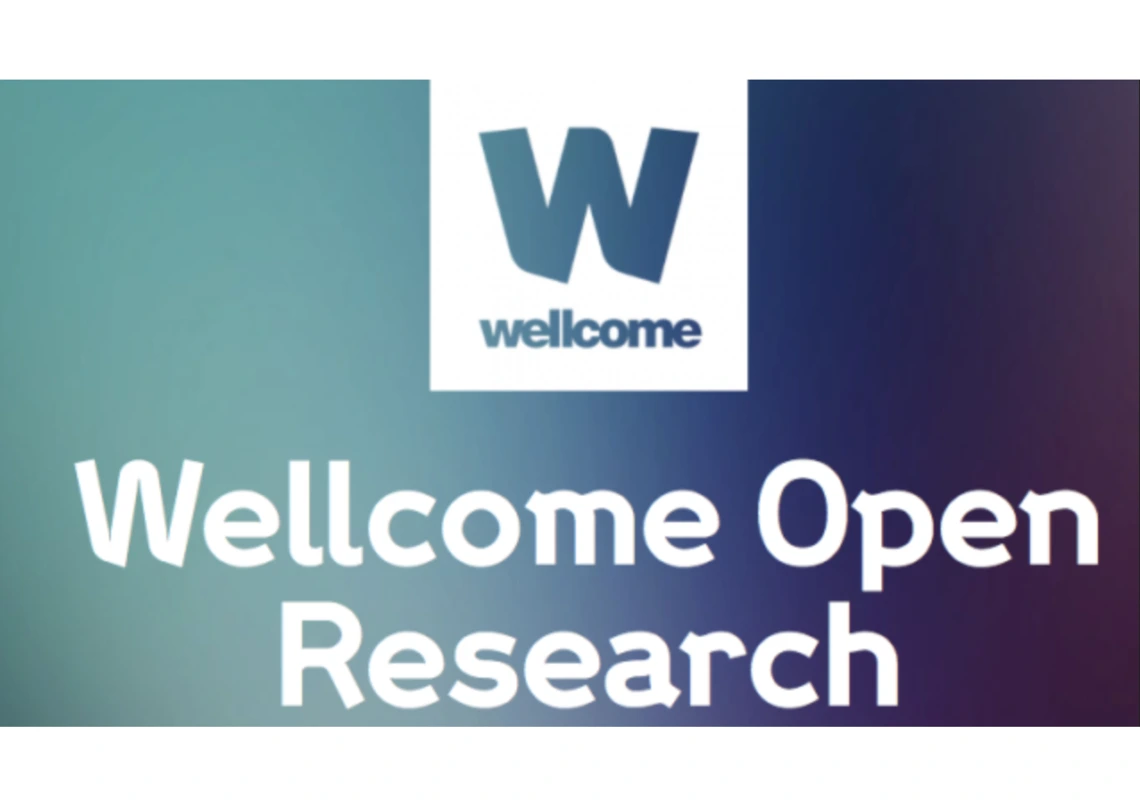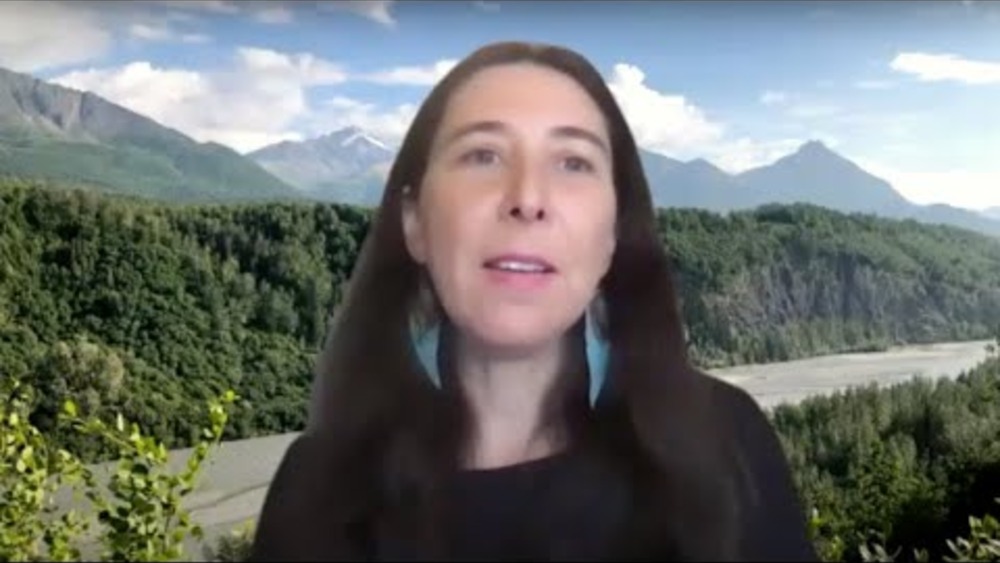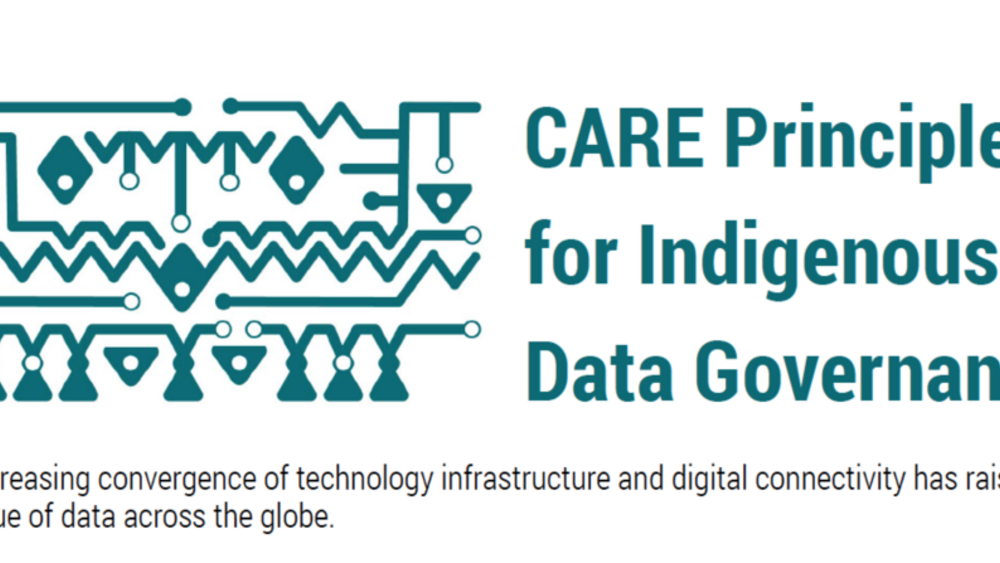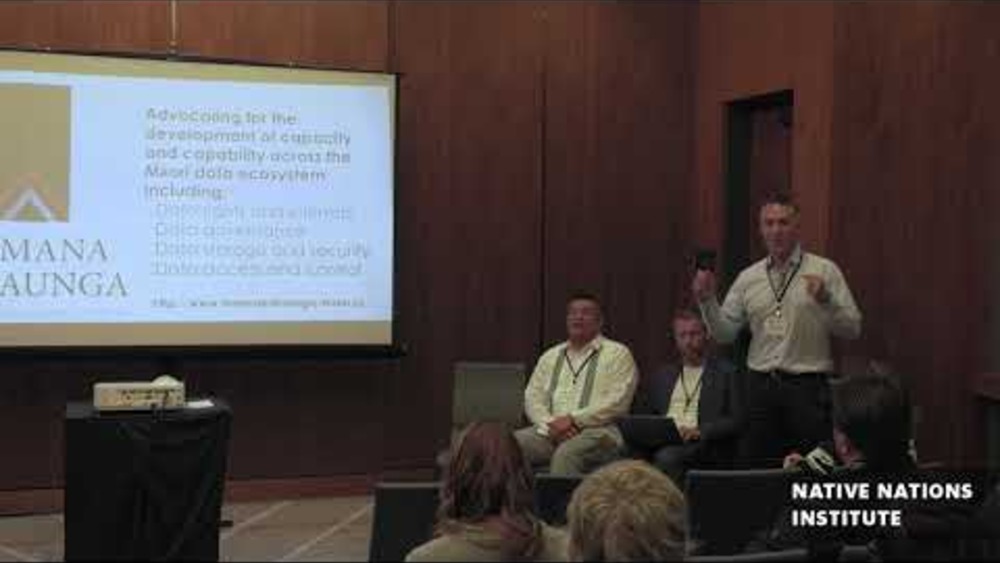Additional Information
Austin CC, Bernier A, Bezuidenhout L et al. Fostering global data sharing: highlighting the recommendations of the Research Data Alliance COVID-19 working group [version 1; peer review: 1 approved, 2 approved with reservations]. Wellcome Open Res 2020, 5:267 (https://doi.org/10.12688/wellcomeopenres.16378.1)




